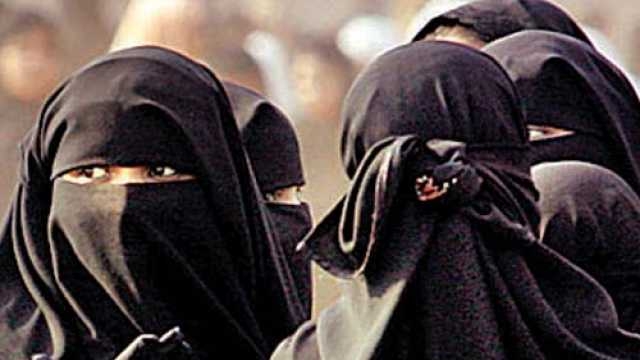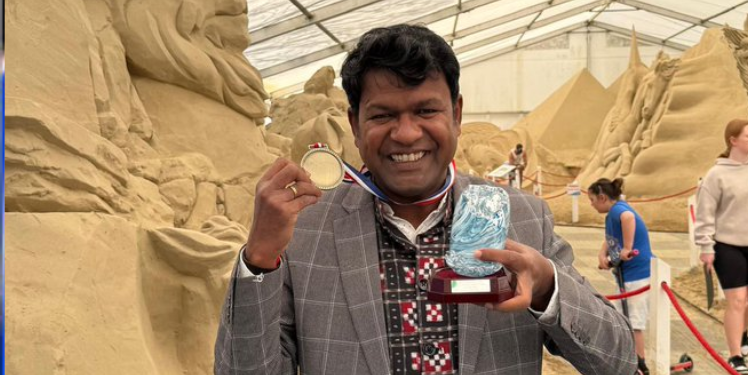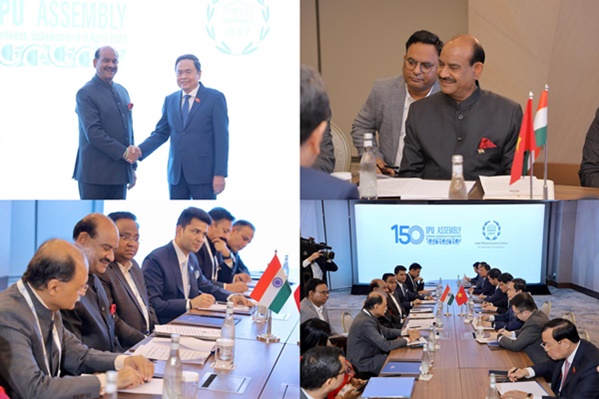Govt to oppose triple talaq in SC citing women's rights
Mon 19 Sep 2016, 11:20:42

The Centre will be opposing in the Supreme Court the triple talaq practice on the grounds of women's rights, terming it as "inalienable" and asserting that the issue should not be seen from the prism of uniform civil code, a highly placed government functionary said today.
The Law Ministry will file a consolidated reply on the issue in the apex court by the end of this month. The issue is being deliberated upon at inter-ministerial level which includes ministries of Home, Finance and Women and Child Development apart from the Law ministry.
"We shouldn't approach it from (the prism of) uniform civil code. We need to talk in terms of rights of women. Our reply is going to be only on rights. A woman's rights are inalienable and according to the Constitution she has to have the same rights as men."Every court decision has slowly been taking us to these uniform rights. The practice of triple talaq doesn't exist even in Pakistan or Bangladesh. Only we have it," the senior functionary said.
Home Minister Rajnath Singh, Finance Minister Arun Jaitley, Defence Minister Manohar Parrikar and Women and Child Development Minister Maneka Gandhi met last week to deliberate on government's possible stand to be taken in the Supreme Court on the issue of Muslim practices of polygamy, triple talaq (talaq-e-bidat) and 'nikah halala' (a
practice where divorced women, in case they want to go back to their husbands, have to consummate a second marriage).
practice where divorced women, in case they want to go back to their husbands, have to consummate a second marriage).
According to this source, there was a consensus among all the senior ministers present to look at the contentious issue through the prism of gender rights. Early this month the Supreme Court gave the Centre four weeks to submit its reply to a batch of petitions on triple talaq.
The first among these pleas was filed by Shayara Bano from Uttarakhand who challenged the practices like triple talaq, polygamy and "nikah halala" as being unconstitutional. Two women divorced through triple talaq from Jaipur and Kolkata also approached the court. Their petitions and a number of supportive pleas filed by Muslim women’s organisations have all been bunched together.
Opposing these petitions in court are the Jamiat-Ulema-e-Hind (JUH) and the All India Muslim Personal Law Board (AIMPLB). AIMPLB had told the apex court earlier this month that personal laws can't be re-written in the name of reforms and that the validity of Muslim personal law "cannot be tested" as it derives from Quran.
Bharatiya Muslim Mahila Andolan, which is also one of the petitioners in SC, spearheaded a signature campaign earlier this year in which over 50,000 Muslim women and men participated and sought a ban on triple talaq.
No Comments For This Post, Be first to write a Comment.
Most viewed from Specials
Most viewed from World
AIMIM News
Latest Urdu News
Most Viewed
May 26, 2020
Do you think Canada-India relations will improve under New PM Mark Carney?
Latest Videos View All
Like Us
Home
About Us
Advertise With Us
All Polls
Epaper Archives
Privacy Policy
Contact Us
Download Etemaad App
© 2025 Etemaad Daily News, All Rights Reserved.






















.jpg)
.jpg)
.jpg)

















